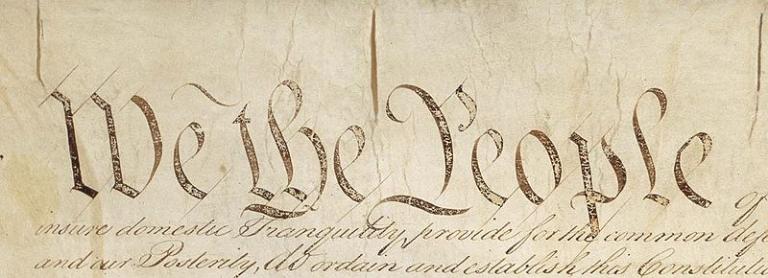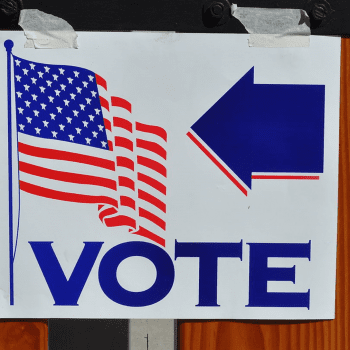Before I start writing, let me just remind you all, and any new readers in particular, that my discussion of some topics and not others is not a reflection on what is or isn’t important, but just what I feel halfway competent writing about. In particular, the situation in Syria (and Germany!) is going from bad to worse quickly, but, so far as I can tell, it is far, far too late for any easy solutions.
But here’s what I was thinking about the other day:
I had asked, in a prior post, whether the ability to own weapons was a human right, rather than simply a benefit provided for in the constitution. And there is a difference between the two; after all, consider all the constitutions which state that the country’s citizens have the right to a university education or to government-provided healthcare or the like, and, on the other hand, foundational documents for other countries which omit any mention of such human rights as freedom of religion or free speech or the like, even though, in fact, those rights are recognized and respected but just not seen as proper material for the constitution.
So imagine if the Second Amendment were simply repealed, or perhaps replaced with a statement that states that the government is able to regulate the ownership of weapons to any degree as the majority deems appropriate, and perhaps some determination of at what level of government (city/state/federal) regulation is permitted. What would our laws look like? What would the majority choose?
Or, on the other hand, if there’s a solid majority in favor of an individual right to bear arms, perhaps limited to such arms as would make sense for self-defense against an individual intruder, then why not amend the constitution to resolve these squabbles?
But we can’t amend the constitution!
Why not?
Some years ago, prior to passing DOMA, there was discussion of a constitutional amendment that would either say, “marriage is defined as a relationship between a man and a woman” or, more likely, “each state shall have the right to define marriage as it chooses; no state shall be compelled by the federal government to change its regulations.” Of course, it never happened, and now we have Obergefell.
Just imagine if there had been an amendment that had said, “nothing in this constitution shall be construed as providing for a right to obtain an abortion” in 1973. Or “a right to assisted suicide” or whatever else someone will dream up that’s not even on our radar in 2015.
But we can’t amend the constitution!
Everyone — well, many people, anyway — recognize that the Electoral College makes no sense. Sure, there are justifications for it, that it forces candidates to campaign in small states, but in 2012 it had the impact of voters in almost the entire country being written off while voters in the “battleground” states had near-constant ads. (Illinois? Never saw a single presidential ad.) But its opponents are trying work-arounds like having individual states choose to allocate their electors proportionate to their ballot results, instead of simply pursuing a constitutional amendment.
But we can’t amend the constitution!
Not to mention that our two-party system of government has its own flaws, compared to multi-party coalition-type governments elsewhere. The fact that we have a president elected separately from Congress, rather than simply being the leader of the winning party/coalition, has good and bad, but is not somehow morally superior to the parliamentary system.
Yes, it’s difficult to amend the Constitution. It requires a supermajority. And in an ideal world, the Supreme Court wouldn’t be running off unearthing new “rights” anyway. But that’s not a reason to treat it as fixed in stone.
The constitution is the document which lays out the basic structure of the government of the United States. The Bill of Rights and various of the subsequent amendments enshrine various human rights. But it is our belief in these human rights, and the right of Americans to govern themselves via representational democracy, that matters. If we turn that into a notion that the Constitution, as currently written, is sacred, and cannot be amended, we are making a serious mistake.
UPDATE: It appears that large numbers of left-wing types have happened on this article, with large numbers of comments accusing me of trying to impose my religion on everyone. Yeah — well, comment away, but please understand that I don’t have the time — or interest, really — to respond to each of these comments.















